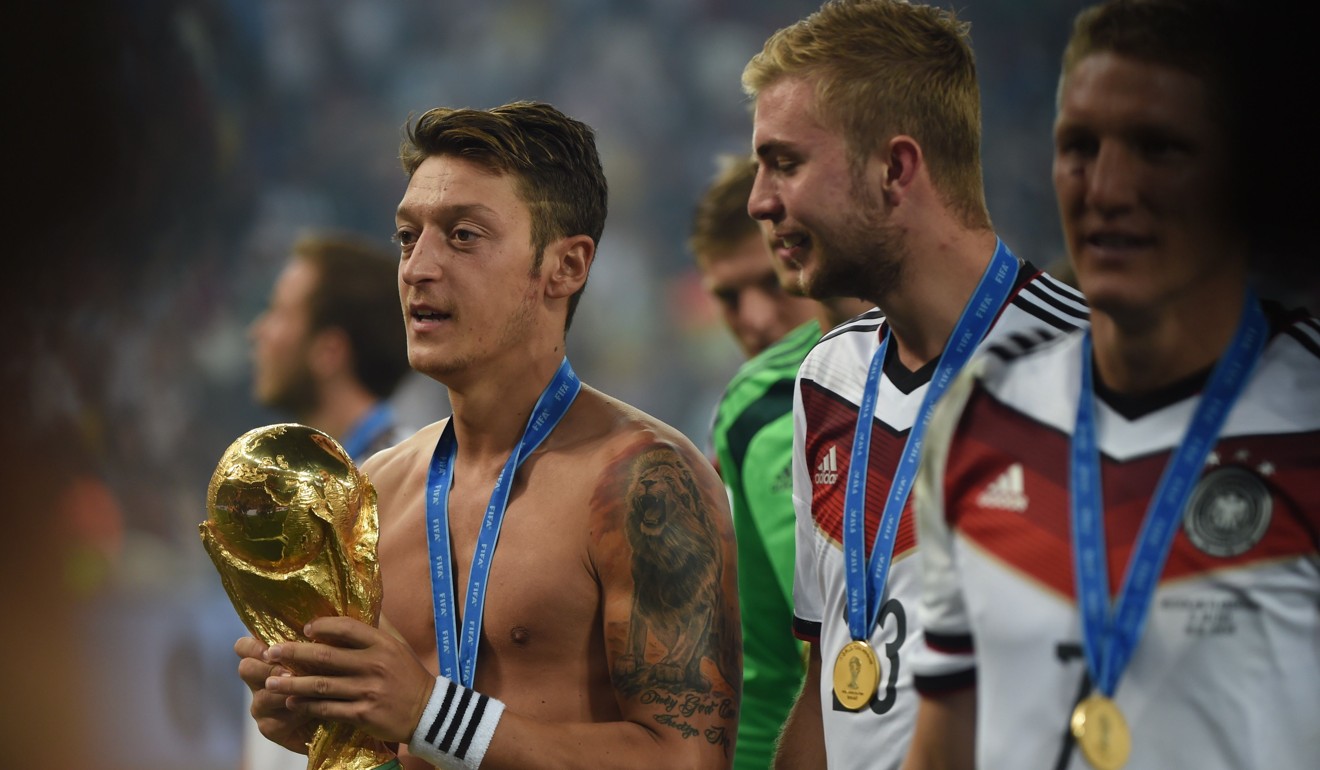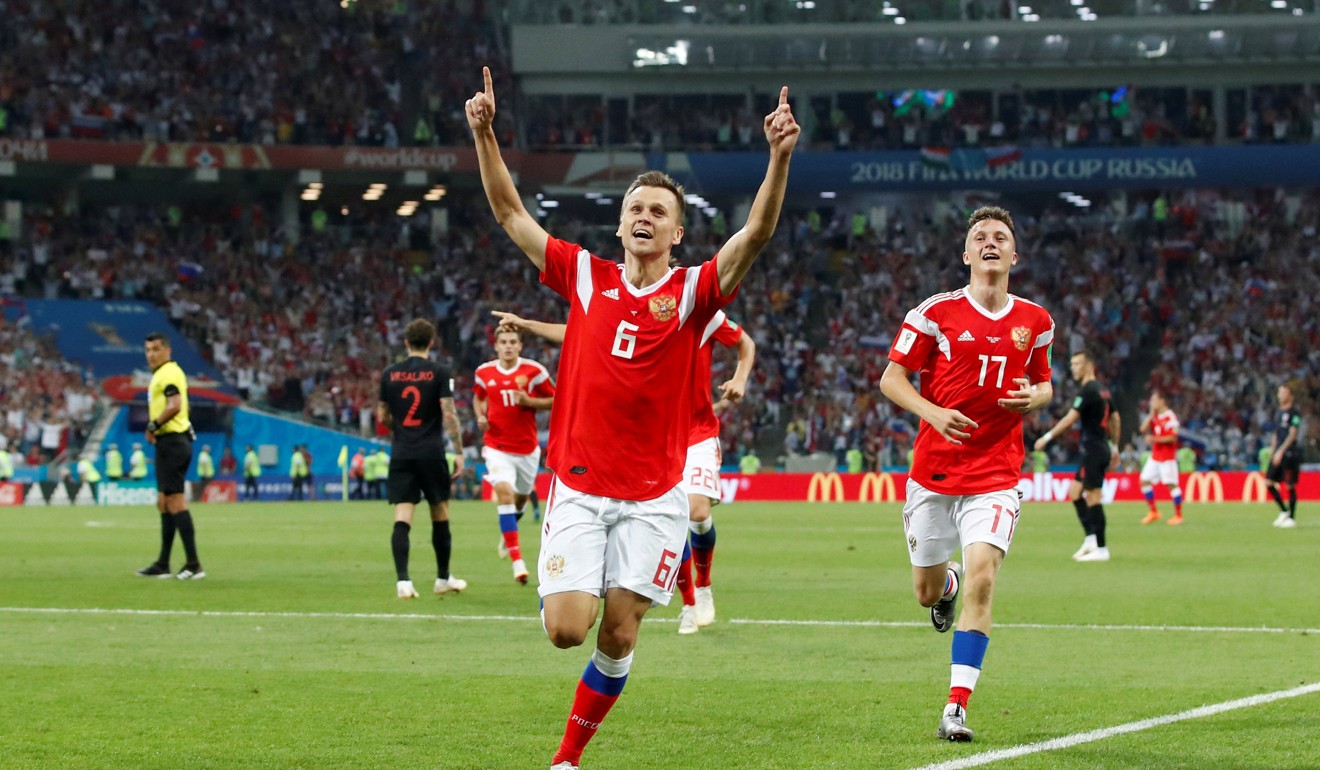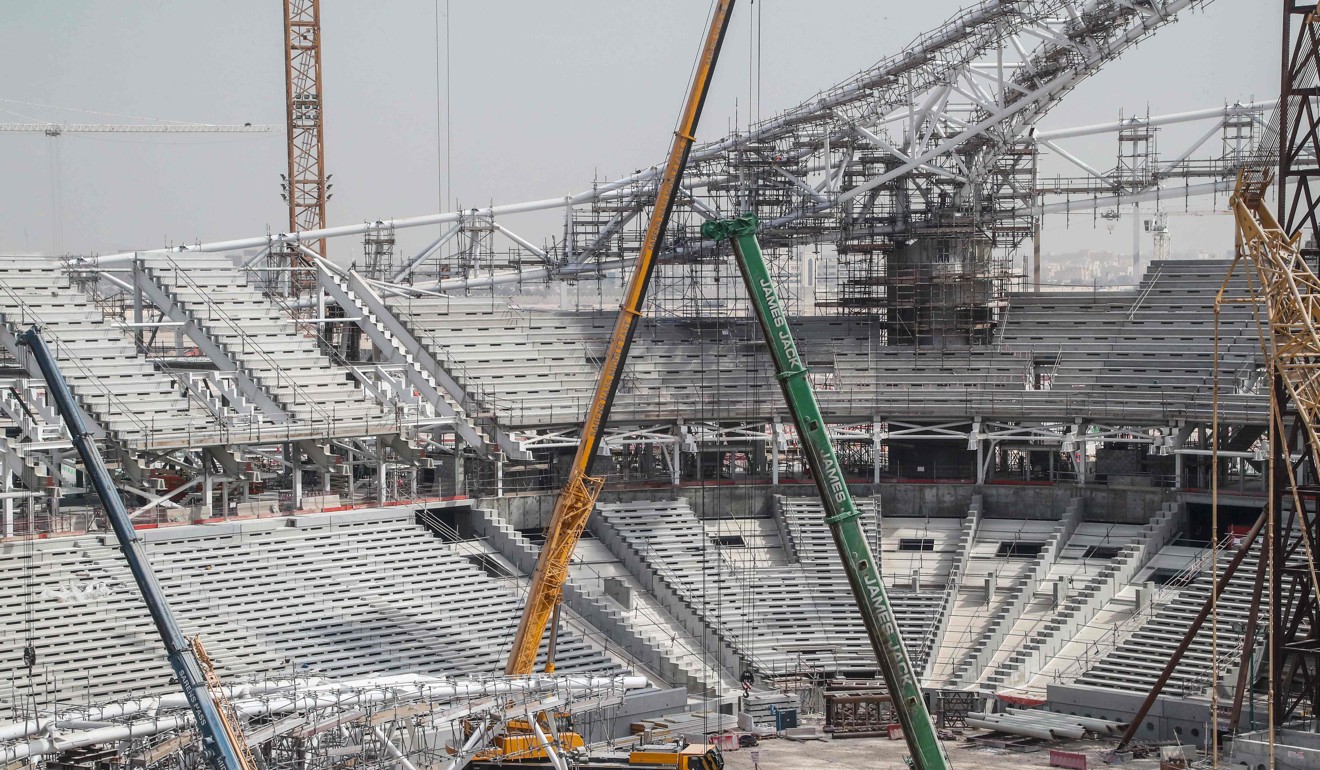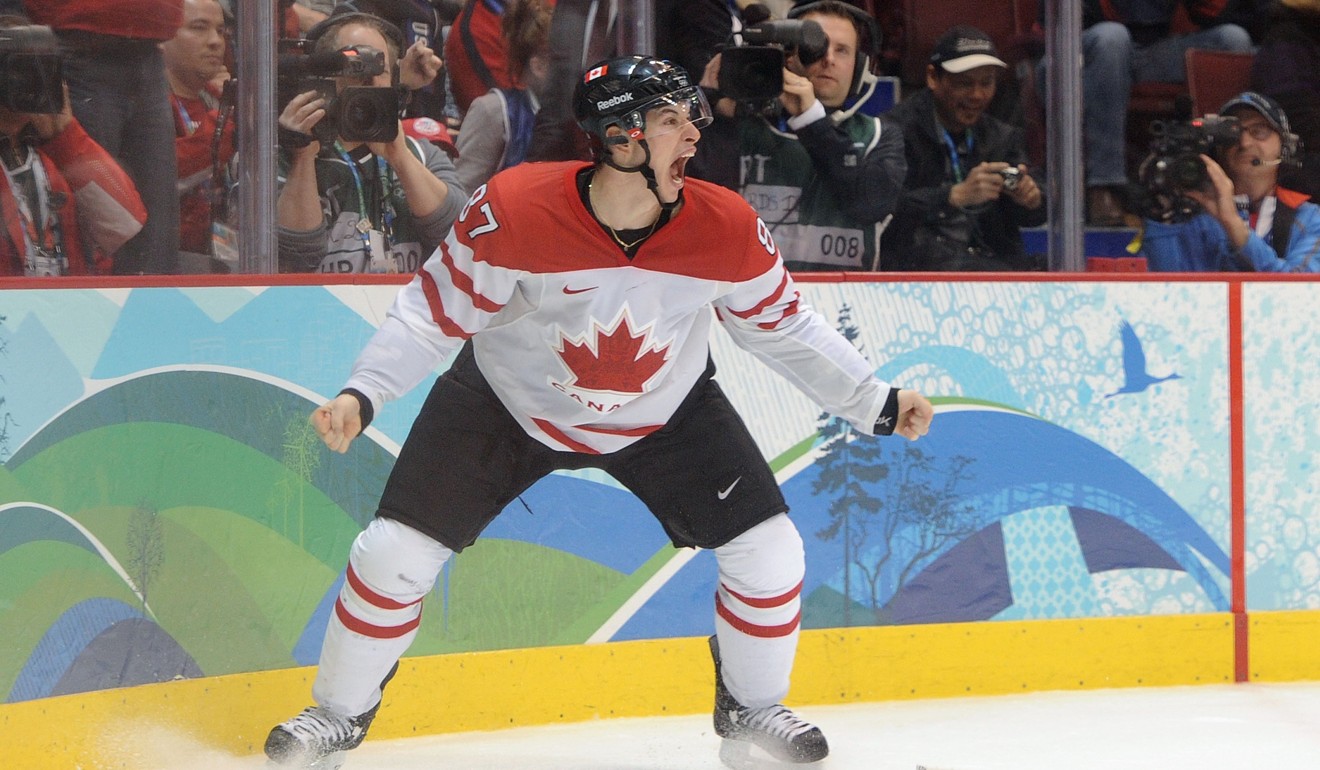
The cost-benefit analysis of hosting a Fifa World Cup or Olympics: Rio’s warning to China is to do so at your peril
- Brazil set bar for new low, hosting World Cup and Olympics amid recession
- Cities and countries backing out from bids as public gets wise to cost-benefit analysis
It’s safe to say the allure of hosting a major sporting event has faded.
For many the last straw was the debacle that was the 2016 Summer Olympics, held in Rio de Janeiro, Brazil.
Take Rio’s Maracana stadium – the iconic venue stood empty as politicians squabbled over who would take care of it months after the Olympics.
Infiltrated by looters, ramshackled by thieves and infested with worms, it signified the ugly underbelly of hosting an incredibly expensive sporting event.

Brazil had no business hosting the 2016 Summer Olympics, or even the 2014 Fifa World Cup. The country was already in a state of economic despair, and the price tag for both events was dear.
Experts believe the grand total for the Olympics might exceed US$20 billion (HK$156 billion), and that the World Cup cost Brazil US$11.6 billion (HK$90.8 billion).
Surely Brazil, who finally emerged from its biggest economic recession on record in 2017, could have put all those billions to better use?
Chinese president Xi Jinping has a “dream” for China to host the World Cup, and the country is circling another Olympics bid too, further showing how far we’ve come from the all-consuming brightness of major sporting events.
Many other nations are running in the opposite direction to China when it comes to the two events, though.
Calgary, which hosted the Winter Olympics back in 1988 and did well in terms of legacy, recently held a referendum to decide if they wanted to put in a bid for the 2026 Winter Olympics. The answer was a resounding no from its citizens and a plea to put that money into schools, hospitals and transportation.
Two years ago, when the International Olympic Committee picked Beijing for the 2022 Winter Games, the only other option was Almaty, Kazakhstan.
Oslo, Krakow, Stockholm, St Moritz and Lviv all bowed out for various reasons, most notably public backlash that taxpayer dollars could and should be funnelled elsewhere.
The Summer Games haven’t fared any better – for 2024, the IOC began with a robust list of potential hosts. Then, one by one, Budapest, Rome, Hamburg and Boston gave into local backlash, leaving only Los Angeles and Paris remaining.
The IOC ended up cutting a deal and now both will get to host, with LA taking the 2028 Games.

The World Cup has not fared much better. Vancouver, Canada recently pulled the plug on joining other American and Mexican cities as part of a three country bid, and quite frankly, the move was not surprising when Premier John Horgan announced they wouldn’t pony up any cash.
Qatar, set to host the next World Cup in 2022, is already a lesson in disaster. Dozens of workers have died building the stadiums, the tournament has had to be moved to November and December because of the heat, which will disrupt the European league schedule, and there are rampant allegations the whole thing was bought and paid for through bribes.

I worked at the Winter Olympics back in 2010 in Vancouver, and it was undeniably a magical two weeks, from what I can remember after one too many nights in the Holland Heineken House.
The city’s hangover was worse.
The housing built for the Olympic Village was seen as a failure up until a few years ago, and the city’s notorious downtown Eastside drug problem has only got worse, an issue that screams for more funding.
The price tag for Vancouver’s Olympics was relatively low (US$5.83 billion), but for a city of under 2.5 million people, that is a lot of money when they desperately need more public infrastructure projects.
However, unlike many nations such as Russia, Brazil, London and South Korea, at least Vancouver got its storybook ending.

Sidney Crosby, Canada’s poster boy when it comes to ice hockey – the Winter Olympics’ marquee event – scored the gold medal-winning goal in overtime againstarch rivals the US. The streets across the country erupted into what felt like a two-day party.
It threw Vancouverites a bone, something to make it all seem worthwhile, a scripted ending which makes it tough to slag the event at all. Canadians got a steroid injection of national pride when they needed it the most.
Sadly, it rarely happens to the degree it did in Vancouver, and much like Brazil, the enduring legacy of major sporting events leaves much to be desired.

